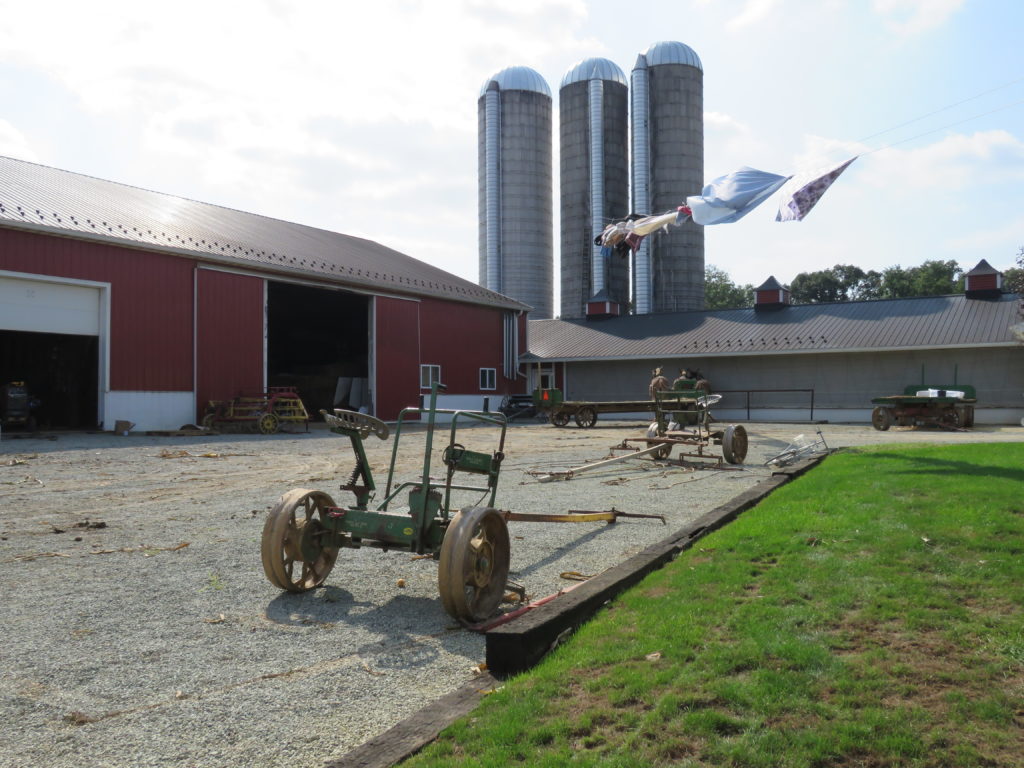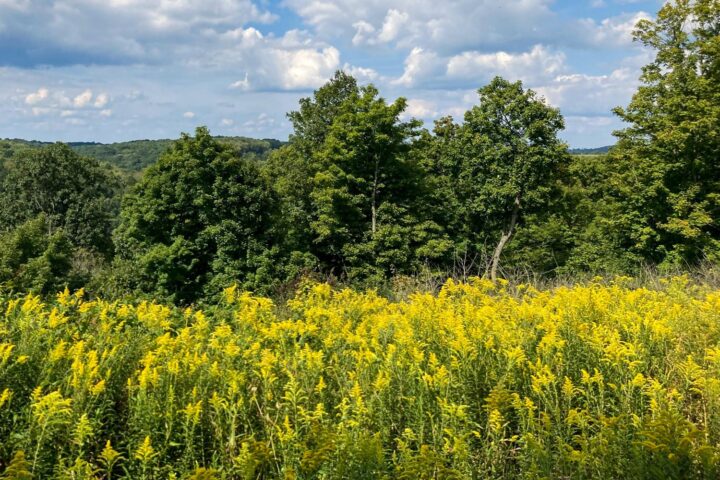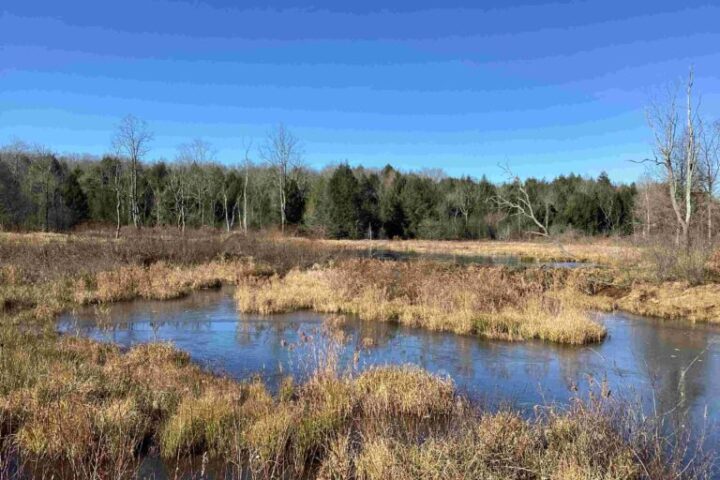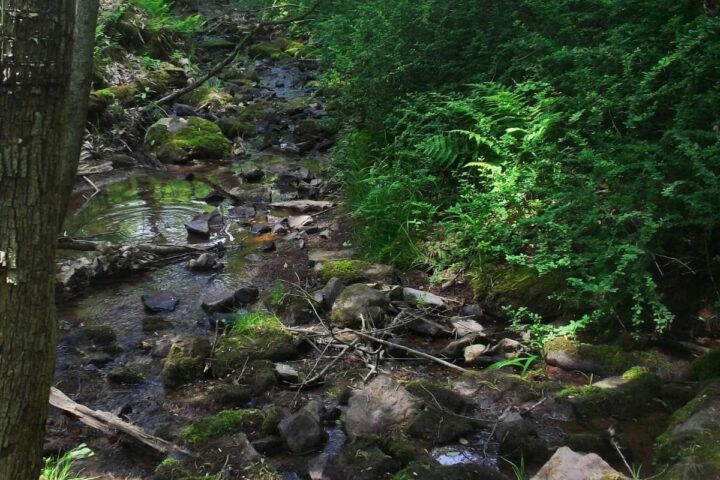Thirty years and 500 farms. Not a bad track record for an organization once described by a Wall Street Journal writer as “a not-for-profit organization with a tiny staff and a shoestring budget.”
Lancaster Farmland Trust has preserved the beautiful, productive farmland of Lancaster County for thirty years. But it’s not the years in their life, it’s the life in their years that is so impressive. In the organization’s first thirty years, Lancaster Farmland Trust has preserved 30,000 acres of farmland and helped nearly 500 farmers safeguard their land and their way of life.
“We are proud of our accomplishments,” says Karen Martynick, executive director of Lancaster Farmland Trust. “We recognize that our success is the result of the collective effort of farmers, donors, volunteers, and community leaders who have made a commitment to protect what is special about the county.” Karen joined Lancaster Farmland Trust as executive director in 2004 and places special emphasis on teambuilding within the industry and collaboration among the community.

Last month, the traditional Amish homestead hosted a ceremonial easement signing, formally making their farm the 500th preserved by Lancaster Farmland Trust and expanding upon the celebration of the organization’s 30th anniversary.
The already-bustling farm saw quite the buzz on Wednesday, balancing corn harvest and the signing ceremony. Lancaster Farmland Trust staff, a small group of community supporters, and local officials joined the Stoltzfus family in celebrating the preservation of their farm.
Mr. and Mrs. Stoltzfus, a young couple with three children, purchased the 50-acre farm in 2015. The family maintains a picturesque dairy farm that also grows crops. Their decision to preserve their farm with Lancaster Farmland Trust is the result of careful consideration and the desire to protect their unique way of life.
Lancaster Farmland Trust hasn’t always been the community partner that they are today. Slowly, the organization built relationships and credibility within the local agricultural industry, and the Amish and Mennonite communities specifically. Because of Lancaster’s unique blend of ‘English,’ Amish, and Mennonite farmers, Lancaster Farmland Trust ensures the Plain Sect community is represented on their Board of Trustees and takes special care to protect the privacy of their Anabaptist landowners.
In recent years, the organization has expanded its focus to include water-quality improvements on both preserved farms, and unpreserved land. Deputy director Jeff Swinehart explains Lancaster Farmland Trust’s mission as two-pronged, “first and foremost, we want to preserve farmland and our rural way of life. Secondly, we want to provide our farmers the resources to be better stewards of their land.” Staff from Lancaster Farmland Trust serves on various action committees and boards for local water quality improvement, as well as Chesapeake Bay water quality initiatives.




